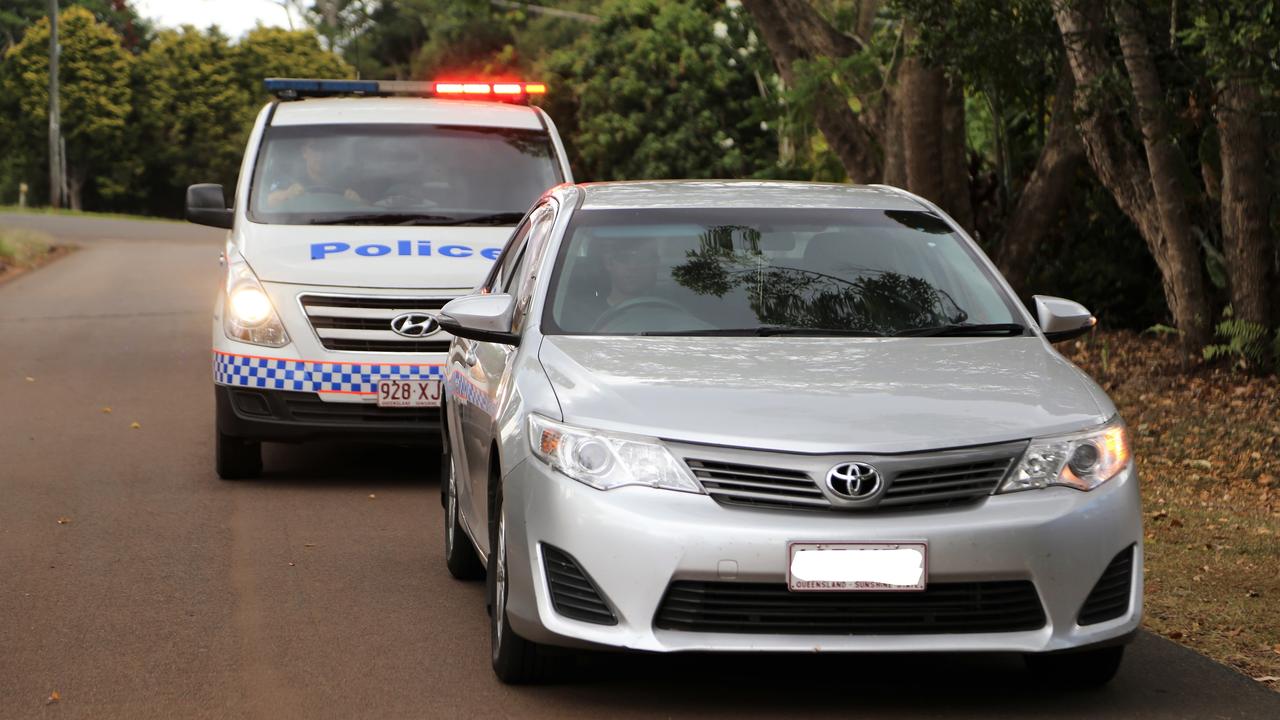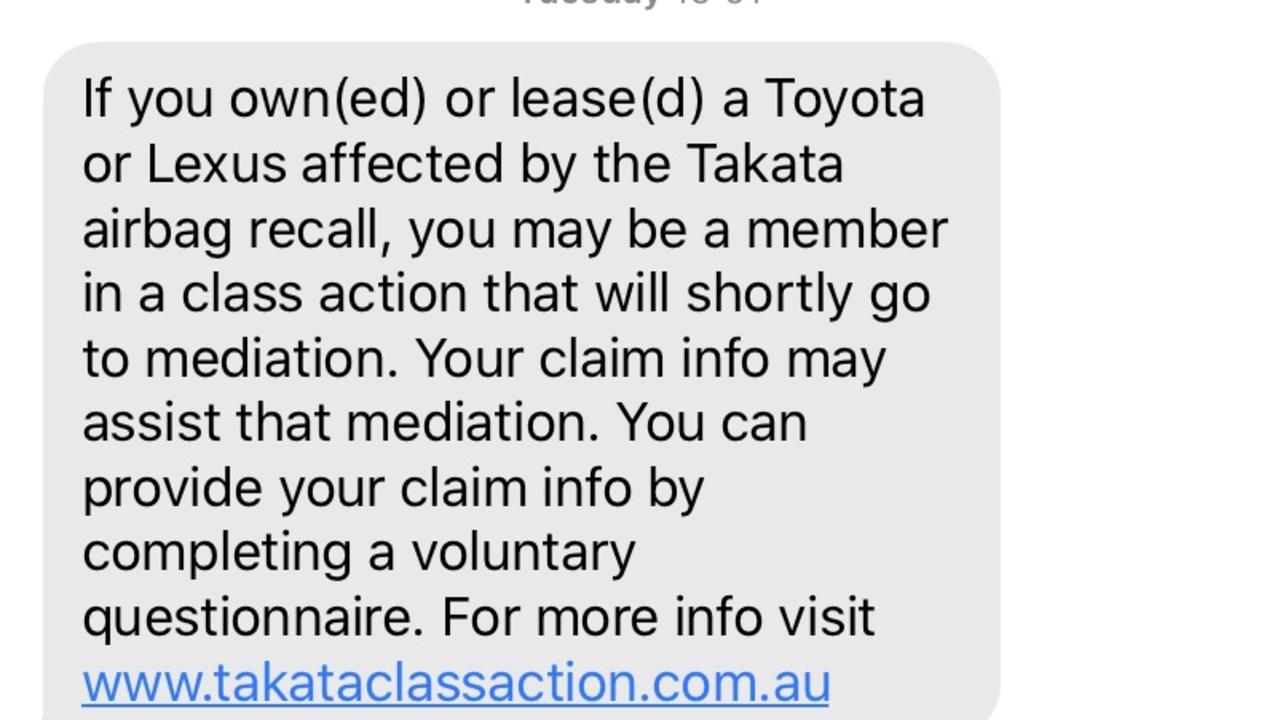Everything you need to know about Lime bikes and scooters popping up in our cities
A new dockless bike and scooter sharing scheme is getting rolled out in major Australian cities — but this one might actually work.
Australia has become a graveyard for communal bike sharing start-ups but a new company thinks it can succeed where many others have failed.
To date, dockless bike sharing services — that let users unlock a bike on the street with an app and leave it wherever they please after their journey — have been met with a mixed reaction.
The schemes were originally touted as a democratic, cheap and environmentally friendly transport solution but after they started appearing on sidewalks across Australian cities last year, it didn’t take long for the backlash to begin.
Annoyed at the clutter of bikes strewn across footpaths, users began throwing them in waterways, trees, roads and big piles on street corners.
It’s an ugly fate Lime thinks it can avoid.
The San Francisco company has begun rolling out electric bikes as well as electric scooters in chosen Australian cities. Already widely popular in nearly 100 cities across the US, the company has also launched in nine other countries including Germany, New Zealand, France, Spain and Canada.
Late last week about 300 of its electric bikes, which contain a lithium battery and allow users to ride at speeds up to 23.8km/h, were deployed to the streets of Sydney. The batteries need to be recharged about every two days which is handled by the roughly 50 operational staff hired by Lime in Sydney.
The company has plans to push into Melbourne and Brisbane, and has launched a three month pilot program for its electric scooters at Monash University in Melbourne.
HOW MUCH DOES IT COST?
For both the scooters and the bikes, after downloading the app it costs users $1 to unlock a vehicle and 30 cents each minute of the trip until you log off.
Users must provide their name, email address and credit card but the company says it does not share or sell user data.
“No personal information is used in any way,” said Mitchell Price, Lime’s director of government affairs and strategy in Australia and New Zealand.
“The only data that is shared is the details of what trip has been taken on that particular scooter or bike.”

The dockless scooters have been rolled out in Auckland and Christchurch in New Zealand, where the company says it recently hit 300,000 trips taken by users. But it remains to be seen if it can succeed in Australia where so many other bike share companies have failed.
“Sydney has had a challenging experience with these bike share schemes but we’re a completely different operational model,” Mr Price told news.com.au.
He joined the company ahead of the Australian launch and understands the troubles experienced by those that came before because he previously worked for Ofo, the struggling Chinese bike share company that retreated from Australia earlier this year.
WHY WILL THIS TIME BE DIFFERENT?
Because the Lime bikes and scooters have electric muscle behind them (making it easier to traverse Sydney’s hilly terrain) coupled with a strong on-the-ground staff presence and close ties with local government, Mr Price thinks Lime will succeed in providing Australian cities with a workable bike and scooter sharing system.
“The biggest challenge is not the take up from communities,” he said, but rather working with government to have regulations in place that work for everyone.
To that end, Lime provides local councils and governments with analysis of user data to “help them plan better cities,” Mr Price said.
“We work with cities in terms of having an open API data portal — this is the first of any operator in Australia — where councils and governments can log in and see trips, fleets, heat maps, the number of kilometres being ridden and the number of users in their community.”
The bikes are collected by staff and recharged every 24 to 48 hours while the scooters are collected every night at about 10pm and redeployed to the streets each morning between 7am and 8am.
Users can even earn money by charging the scooters themselves at their home before putting them back out. The company hopes this model can help engender a spirit of community around the shared vehicles.

The bikes and scooters have an “anti tilt feature” so when they are tipped over on their side, the company is alerted and someone is sent to fix or retrieve them.
“Sydney’s operation is fully run by people from Sydney on a full-time or part-time basis,” Mr Price said.
After deploying its bikes in Sydney on Friday, the company is continuing talks with Transport NSW about rolling out a scooter trial in the city in the near future and hopes to do the same in Brisbane.
But after just a couple of days, some Sydneysiders have already expressed anger over the bikes popping up on sidewalks.
Yup.. @GladysB and @CloverMoore just REFUSE to learn.. @limebike has dumped 300 motorised bikes on our streets since Friday, and promises a flood of their scooters next to further endanger our lives and litter our streets ... wtf ? https://t.co/94xsd9ZAMQ pic.twitter.com/9c71otaYHs
— Will Willitts (@WillWillAFR) November 12, 2018
‘HELMETS ARE A CHALLENGE’
The company hopes that the battery powered vehicles — and thus the larger coverage they can offer the average user — will appeal to customers. But it also means helmets will be even more important due to the easier acceleration and NSW in particular has heavy fines for riding without a helmet.
“Helmets are always a challenge,” particularly around combating theft, Mr Price said. While some users will want to use their own helmet, it is difficult to stop others taking the helmet supplied by Lime.
The company has partnered with small businesses around Sydney to roll out what it is calling Lime Hubs where customers can collect and deposit helmets. Users will soon see the location of the hubs appear in the company’s app.
“We do our best to make sure people aren’t taking the helmet after their trip but we will continue to communicate with our users through the app,” Mr Price said.


THREE AND OUT FOR BIKE SHARING IN AUSTRALIA
It’s been a bumpy ride for bike sharing companies trying to crack the Australian market. Three have tried. Three have failed.
Singaporean company oBike launched in Australia in the middle of last year but it didn’t take long for its yellow bikes to be widely damaged in Melbourne and Sydney, either by mindless vandals or those angry at the sidewalk congestion.
In June, it quietly pulled its operations in Melbourne and weeks later announced it was closing down in Singapore, where it was founded. Its Australian operations have since gone dark leaving angry customers who put down a $70 deposit out of pocket and currently unable to recoup their money.
The following month, Chinese bike share company Ofo (the red bikes) also announced it was winding down its Australian operations. The stunning turnaround came less than a year after the bikes were rolled out in Adelaide in October 2017, followed by Sydney soon after.
In July, Australian-owned Reddy Go was forced to restructure due “regulatory factors” and sent a text to users offering to collect a free bike.
All three companies struggled to deal with the public backlash over the bikes littering public walkways.

The problem was so significant, the former Melbourne Mayor Robert Doyle told the companies they needed to clean up the streets or leave the city altogether.
In NSW, Minister for Transport Andrew Constance also took aim at the bike sharing services, telling 2GB in February they were “disgusting” and comparing them to “dumped shopping trolleys everywhere”.
In September, ride sharing company Taxify announced its intention to deploy a scooter sharing scheme to Australian cities but has not said when it hopes to do so.
Originally published as Everything you need to know about Lime bikes and scooters popping up in our cities


